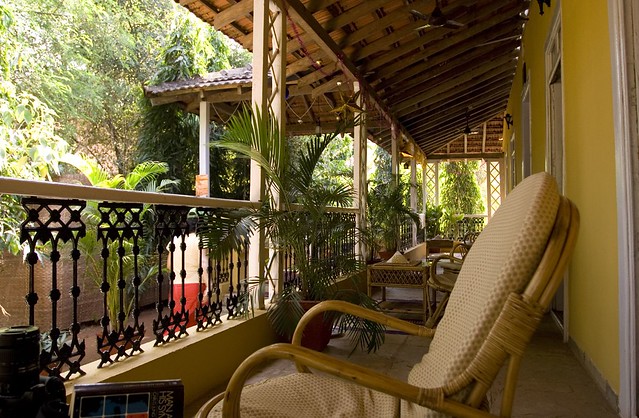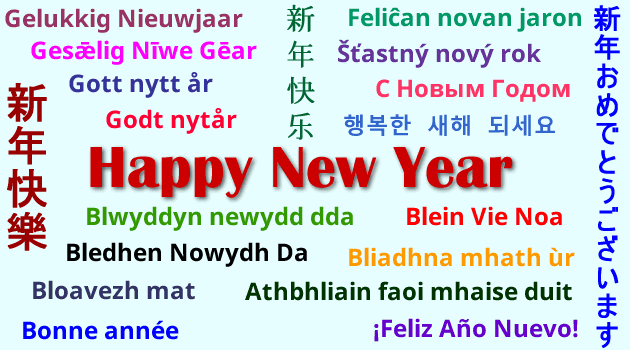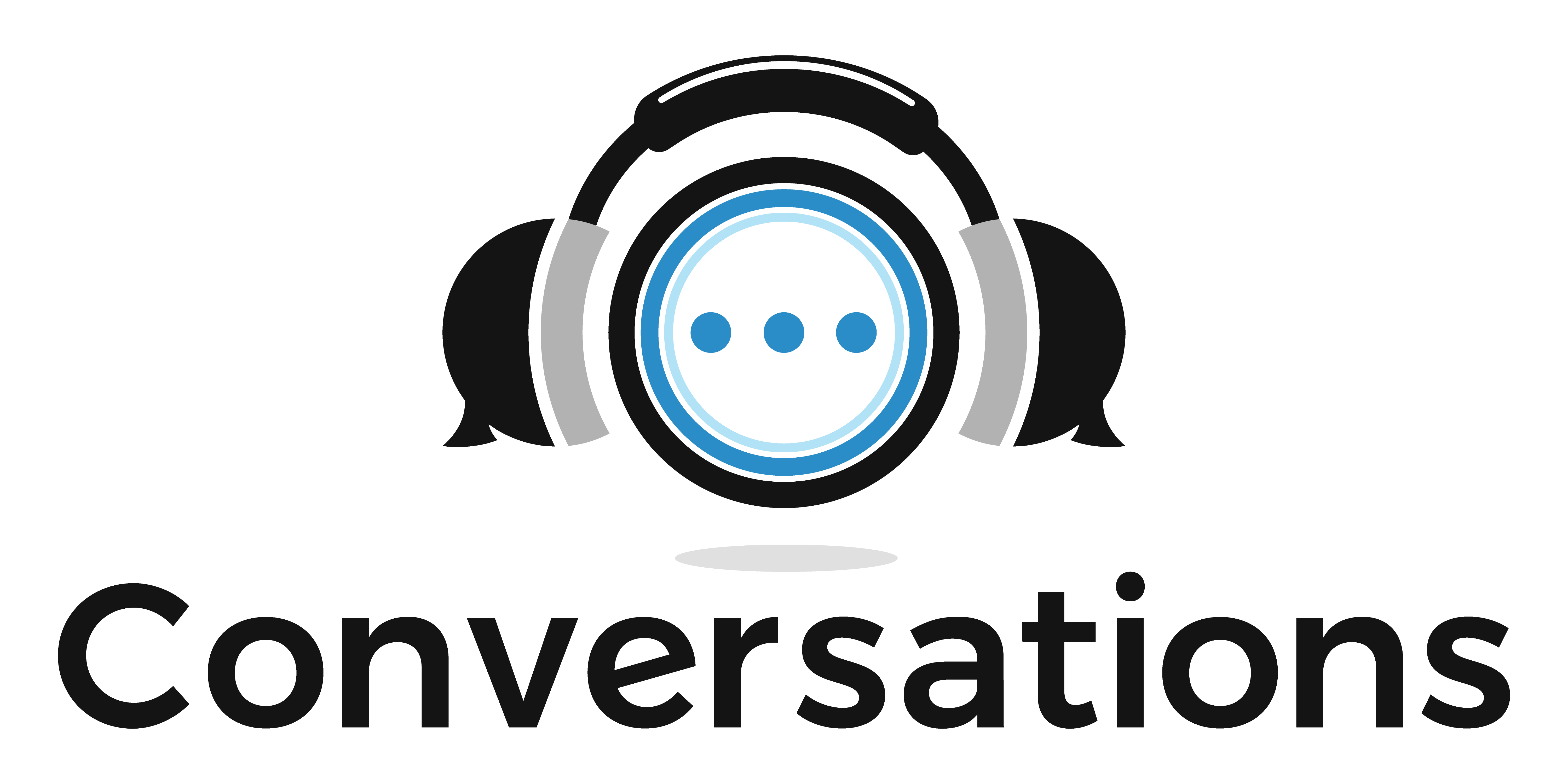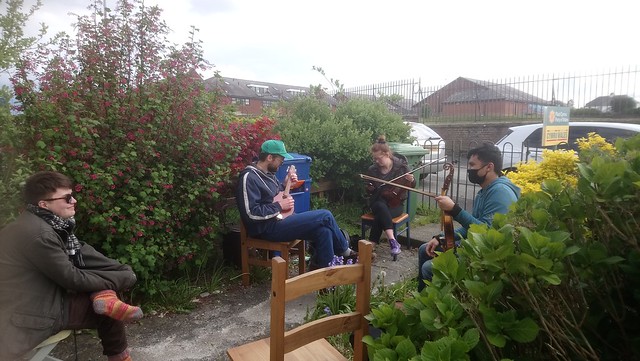Podcast: Play in new window | Download
The word surname, as in a family name, comes from the Late Latin supernōmen/suprānōmen (surname), from super- (over, above, beyond) and nōmen (name) [source].
The most common surnames in England are: Smith, Jones, Taylor, Brown, Williams, Wilson, Johnson, Davies, Robinson and Wright [source].
Types of surname:
- Occupational; Smith, Taylor, Wright
- Patronimics; Jones, Williams, Wilson, Johnson, Davies, Robinson
- Based on appearance: Brown
Smith is the most common surname in the English-speaking world, as are equivalents in many other languages, including Schmidt in German, Ferraro / Ferrari in Italian, Herrero in Spanish, Kovač in Serbian, Croatian, Slovak and Slovenian, and Mac Gabhann (McGowan) in Irish. It comes from the Old English word smitan (to smite, strike).
A smith is someone who works with metal, and has been used as an occupational surname since Anglo-Saxon times. There are various kinds of smith, and their names are or were used as surnames, including Blacksmith (works mainly with iron); Brownsmith and Redsmith (work with copper); Goldsmith (works mainly with gold); Shoesmith (makes horseshoes); Sixsmith (makes scythes and sickles – a version of Scythesmith or Sicklesmith), and Whitesmith (works with tin) [source].
The surname Taylor came to Britian with the Normans, and was first used in 1182. It comes from the Old French word tailleur (cutter). It is also common in Australia, New Zealand, Canada and the USA [source].
The surname Wright comes from the Old English word wryhta/wyrhta (worker, shaper of wood). It is also common in Australia, New Zealand, Canada and the USA. There are quite a few surname that include wright, such as: Arkwright (a maker of wooden chests), Boatwright (a maker of boats), Cartwright (a maker of carts), Plowright (a maker of ploughs), Wainwright (a maker of wagons) [source].
Other occupational surnames include: Faulkner / Falconer (falcon trainer), Fletcher (arrow maker), Hayward (hedge warden), Parker (keeper of the park) and Walker (a fuller of cloth) [source].
Jones is the most common surname is Wales, and is also common in England and the USA. It’s based on Welsh patronimics meaning “son of John”, such as Mab Ioan or ap Siôn. These were commonly used until the mid 16th century, when Welsh people started using surnames, and many Welsh names were Anglicised, as all official documents had to be in English. Davies and Williams have similar origins [source]. More on Welsh surnames.
The surname Brown was originally a nickname for someone with brown hair or clothing. It’s common in England, Scotland, Canada, Australia and the USA. It was first used in England in 1066 in the form of Brun [source].
Other colour-based surnames include Black (dark-haired, or short for blacksmith), White (possibly referred to pale complexioned Vikings), Green (one who lives by the village green or is from a place called Green), Blue (someone with blue eyes / blue clothes), Red (red haired, ruddy complexion), Orange (associated with the Dutch House of Orange) and Pink (nickname for a bright, chirpy person) [source].
Other sourses
https://www.behindthename.com/name/geoffrey
https://www.surnamedb.com/Surname/Ager
https://www.familyeducation.com/baby-names/name-meaning/ager
If you would like to support this podcast, you can make a donation via PayPal or Patreon, or contribute to Omniglot in other ways.









